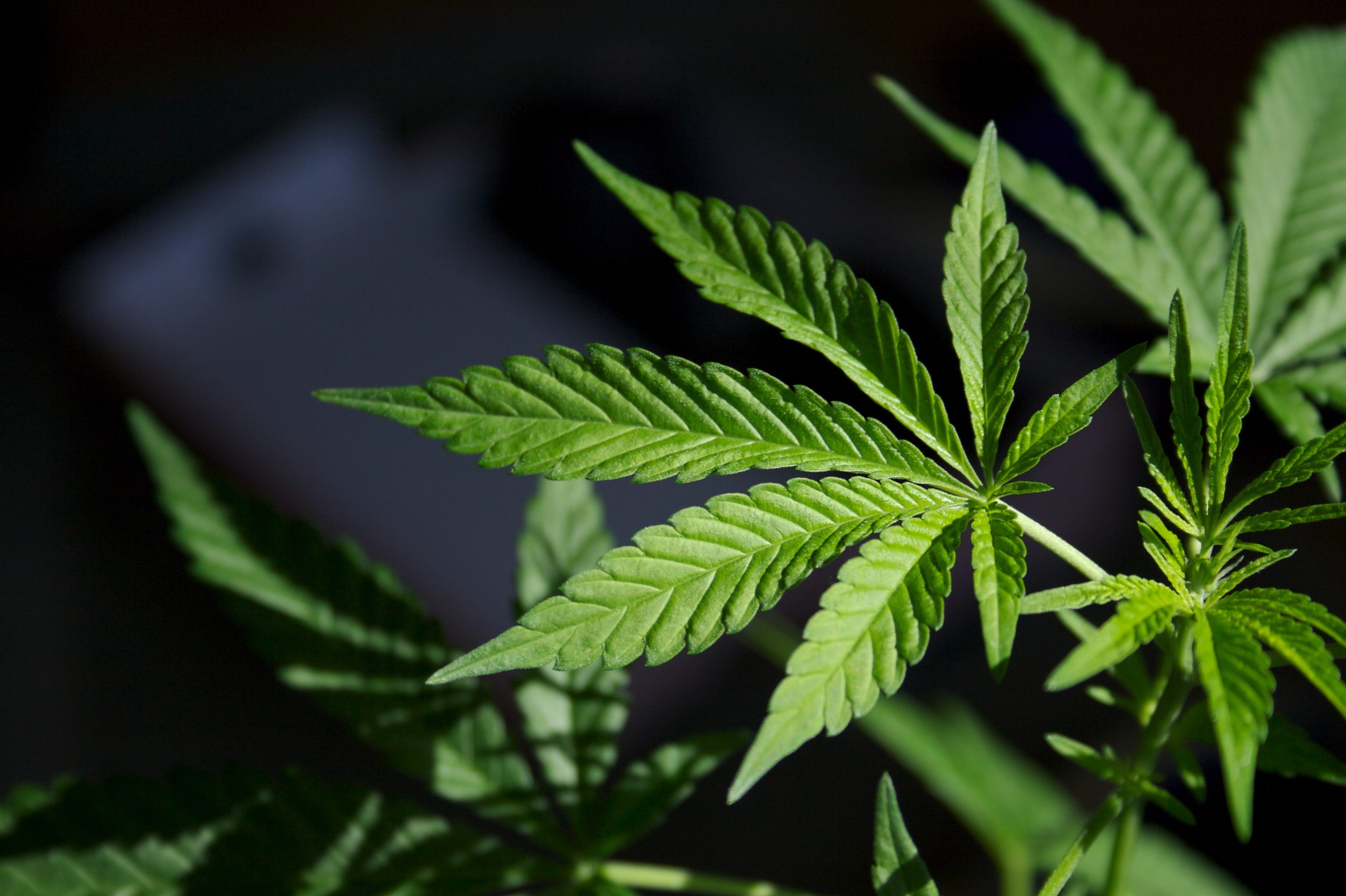
Do you consume medical cannabis? If yes, then you might have a question in your mind about what makes medical cannabis different from cannabis used as a drug. Well, the answer to this question depends on multiple factors. To know the answer to this question you need to understand the science behind the medical cannabinoids.
Remember, medical marijuana UK is a highly addictive drug with significant side effects. It is only useful and usable when taken in a proper quantity. Consuming more than your limits might be life-threatening. You may be surprised to know that thousands of people every year die due to overdosage of cannabis.
What Are Cannabinoids?
Cannabinoids are naturally occurring compounds that are found in the cannabis plant. The most demanding and well-known cannabinoids are delta-9 tetrahydrocannabinol and cannabidiol. THC is the compound that is responsible for the high associated with cannabis use. On the other hand, CBD is non-psychoactive and is often lauded for its potential therapeutic benefits.
The Therapeutic Potential Of Cannabinoids
Pain Management
Cannabis has shown promising results in managing different types of pain. You may be surprised to know that cannabis is among the highest demanding drugs for chronic pain. According to the research both THC and CBD can modulate pain perception by interacting with CB1 receptors in the central nervous system.
Anti-Inflammatory Effects
CBD is studied for its anti-inflammatory properties. y interacting with CB2 receptors, CBD can help modulate the body’s immune response, reducing inflammation. Studies have shown that CBD may be beneficial in treating inflammatory conditions such as rheumatoid arthritis, inflammatory bowel disease, and even neuroinflammation associated with Alzheimer’s disease.
Seizure Control
One of the most well-documented medical uses of cannabinoids is in the treatment of epilepsy, especially drug-resistant forms like Dravet syndrome and Lennox-Gastaut syndrome. The FDA-approved drug Epidiolex, which contains purified CBD, has been shown to significantly reduce the frequency of seizures in clinical trials. This therapeutic effect is believed to be due to the ability of CBD to modulate neurotransmitter release in the brain, thus reducing abnormal electrical activity.
Current Research On Medical Cannabinoids
Multiple research and clinical trials are ongoing with the aim of investigating the therapeutic potential of cannabinoids. According to the study published by Frontiers in Pharmacology in 2021, CBD helps to reduce anxiety and improves sleep quality. Such studies are crucial in expanding the evidence base for cannabinoid-based therapies.
Limitations And Challenges
Apart from promising findings, CBD research faces multiple challenges that everyone should know about. Unfortunately, legal restrictions and lack of standardization make it difficult for researchers to conduct large-scale high-quality studies. Additionally, many studies have small sample sizes or lack long-term follow-up, making it hard to draw definitive conclusions about the safety and efficacy of medical cannabinoids.
Side-Effects Of Medical Cannabis
Excess or improper dosage of medical marijuana uk can cause significant side effects. These effects can be both short as well as long-term. Common short-term side effects include dizziness and dry mouth, while long-term side effects include the potential for dependence.
